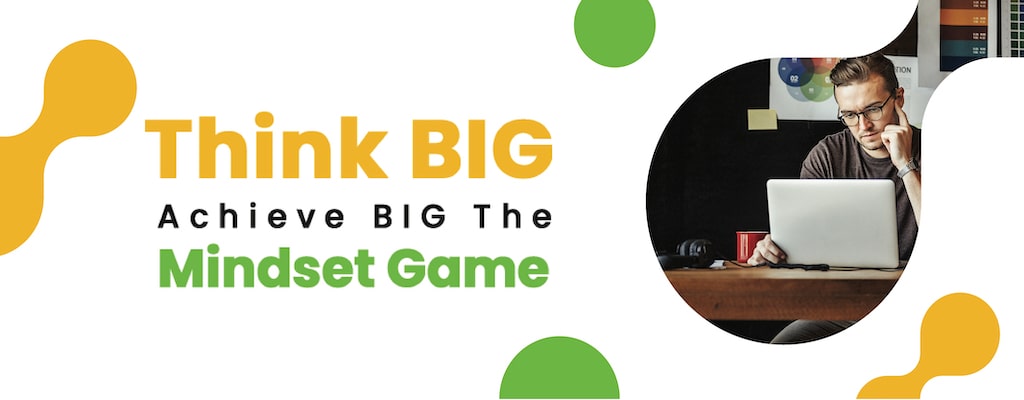Social Affairs
Things to consider before your next interview
July 02, 2020

Introduction
A job interview is basically a meeting organized by an employment recruiter that is used to evaluate or access a potential employee for prospective employment. However, this meeting is a two-way process between the applicant and the interviewer. The interviewer wants to find out how well the applicant could do the job and fit in with their organization and members and the candidate aims to show that they are the best person for the job and the industry but they also should aim to find out more about the work environment.
Interviewing is a selling condition. It requires the exchange of data, information, and building of personal chemistry and analysis. A mock interview is a simulation of a job interview used to coach job applicants for an actual employment interview. It’s not about only what you say, it's all about what you think and all the essential ways that you provide to the industry in the future. Assess your strengths and weaknesses, your likes and dislikes, and your aims. Prepare and practice to know where you are going and get your interview suit ready.
What to do before an interview
The interview is to solidify your standing as a strong candidate by showcasing your experience, skills, and knowledge about the business and the problems they're facing. The company has an open position because they are trying to resolve an issue of some sort or grow in a certain way
- Divine interview questions
- Prepare the information to include in the answer
- Practice answers to communicate effectively in English by exploring and survey the grammar patterns, appropriate terminology, structures, and pronunciation
- Polish up on interview etiquette and manners
Goals
You must know your power because you should contrast them to the job illustration. Is there a contest between what they are looking for and your skills and capabilities? If some of a job’s most important skills and capabilities emerge in your weakness column, there is no contest. If your top three or four strengths appear in the job description, there is an obvious match. Your goals should be to effectively display some qualities like enthusiasm, capability, confidence, flexibility, dependability, resourcefulness, and a strong work ethic. Be sure to look at typical interview questions, as well as good questions to ask and what not to ask.
Stay calm and confident
Naturally, nerves will begin to kick in, but try to stay calm and confident. Take long and deep breaths and practice positive, self-affirmation thoughts in your mind. If you’ve done appropriate research, you shouldn’t have anything to worry about it.
Practice your interview technique
Think beforehand about how you can best demonstrate your skills and experiences in an interview. This can make you feel more confident on the day. If you’ve been asked to give a presentation as part of the interview process, give it a final run-through, make sure you’ve got prompt cards, and try to make it as compelling as possible.
Preparation
Preparation is key to succeeding in the interview process. The following procedure will help you to get a second round of interviews
Analysis and research the industry, the competitors, the interviewer, and the company
Completing the research step and making sure that you have fully researched the company, the industry, and the competition. Knowing how to interview well with-in the industry will help you to get a second interview. You might be able to research the interviewer on Google. Having relevant background information and analysis will give you helpful hints on how to position yourself.
For now, before you practice actual questions, you can do many things; Check with your career services department. Do they have an interview guide? Do they hold interview workshops? Will they conduct a mock interview with you? If so, take advantage of what is offered. Be confident when answering (even if you don’t feel confident), be positive, and don’t undersell yourself. Focus on the results of each of your projects, tasks, and courses. A results-oriented candidate has a better chance of getting the second interview and potentially the offer.
Body Language
It is important to be aware of nonverbal impressions such as your handshake, posture, eye contact, eye movement, and facial and hand expressions. A sizable percentage of what we communicate comes via
- Body Language
- Eye Contact
- Smile
- Handshake
- Posture
- Eye Contact
Maintain good eye contact throughout the interview. It’s OK to look away occasionally, but, for the most part, eye contact should be steady. It shows confidence and inspires trust in all that you say.
Focus
The more focused on you are during an interview, the more successful you will be. Focus on the question asked and answer it directly. If you think you’ve gone off course for any reason, it’s OK to ask the interviewer if you are on the right track. Your answer should have a beginning, a middle, and an end that includes a real, tangible, and preferably positive result.
Authenticity and Honesty
- Never misrepresent anything about yourself during the interview:
- Don’t indicate you are fluent in a language if you aren’t.
- Don’t mention you know a computer program that you don’t know.
- Don’t mention you’ve been to a certain city if you haven’t been there.
Interviewers have a way of discovering any misrepresentations, so save yourself misery and humiliation by being authentic and honest.
Get the details. Be sure to ask enough questions about the interview when you get the invitation. Find out the names and titles of people who will be interviewing you. Ask if it will be a series of individual interviews or a panel interview. Find out how much time to block out on your calendar for the interview. Ask where you should enter the building, whom to ask for when you arrive, and where to park your car if you’re driving.
Research the organization and industry. You must know enough about the organization to explain what they do and to talk about how you could fit into its mission. Dig into your network and find out who might know someone who works at the organization. Ask him or her about the organization’s culture, the comradely in the lab, dress code, growth opportunities, and other things you may want to know. Be sure to research compensation using Glassdoor or other online tools.
Conclusion
Interviewers often ask questions that encourage you to describe situations that occurred in previous positions. This gives them a better understanding of how you might react to similar situations that occur within their workplace. Before your interview, think back to your previous positions to memorable situations that you excelled in. Use them as examples to answer certain questions.

